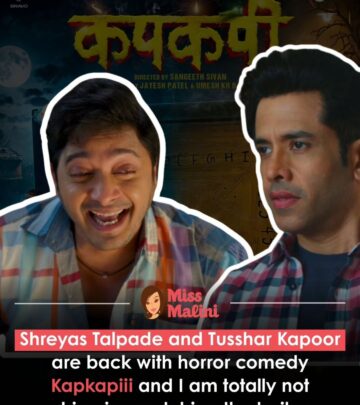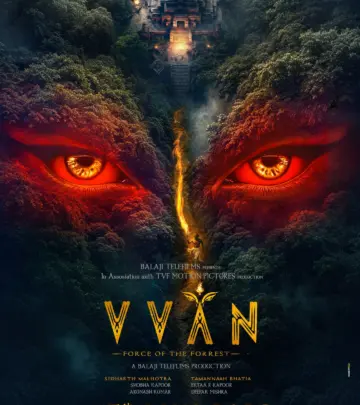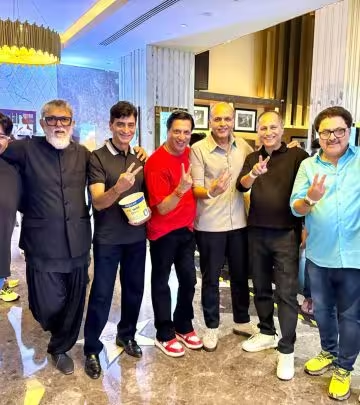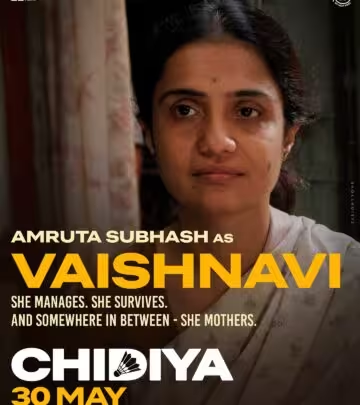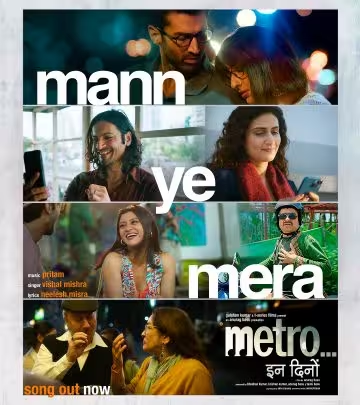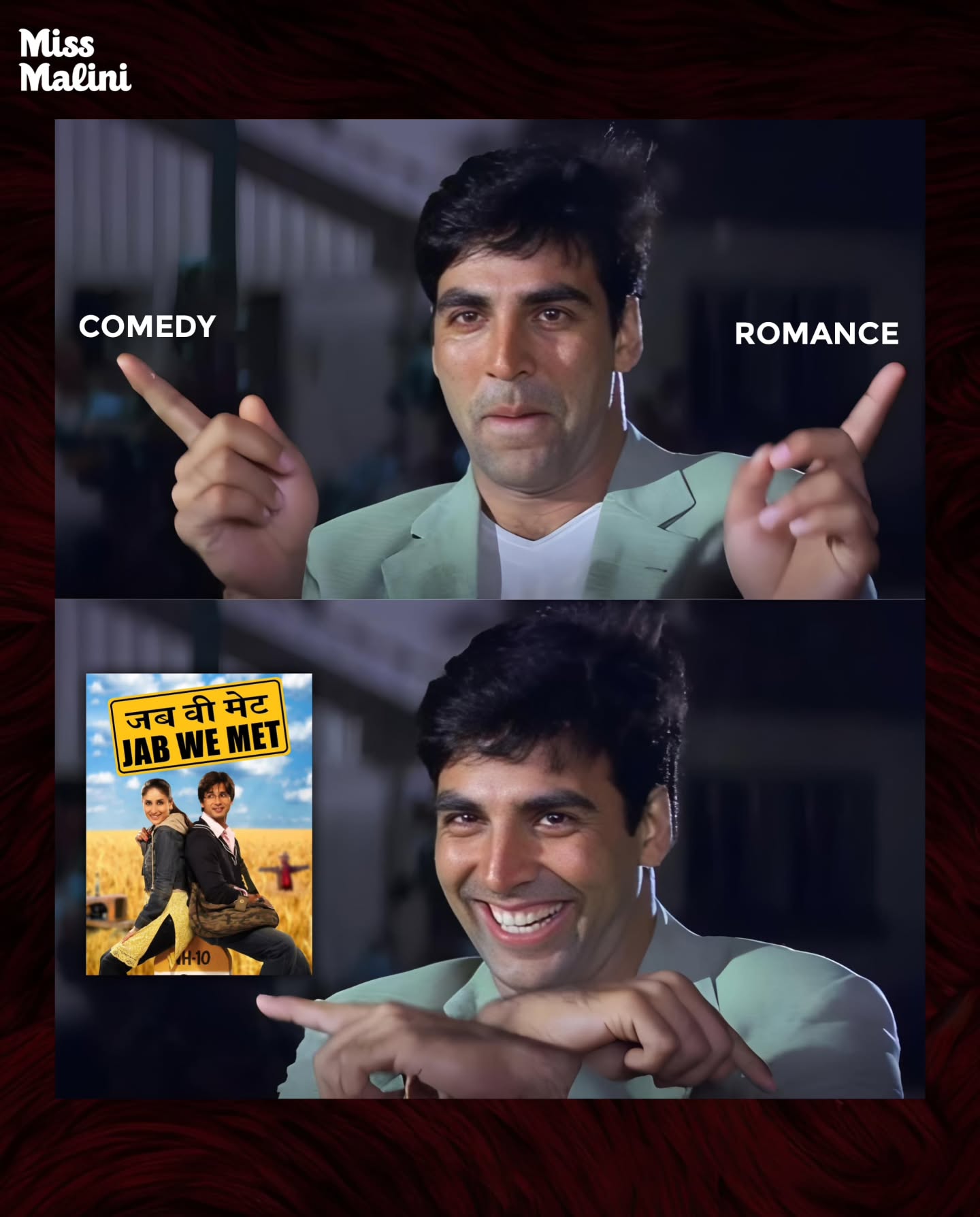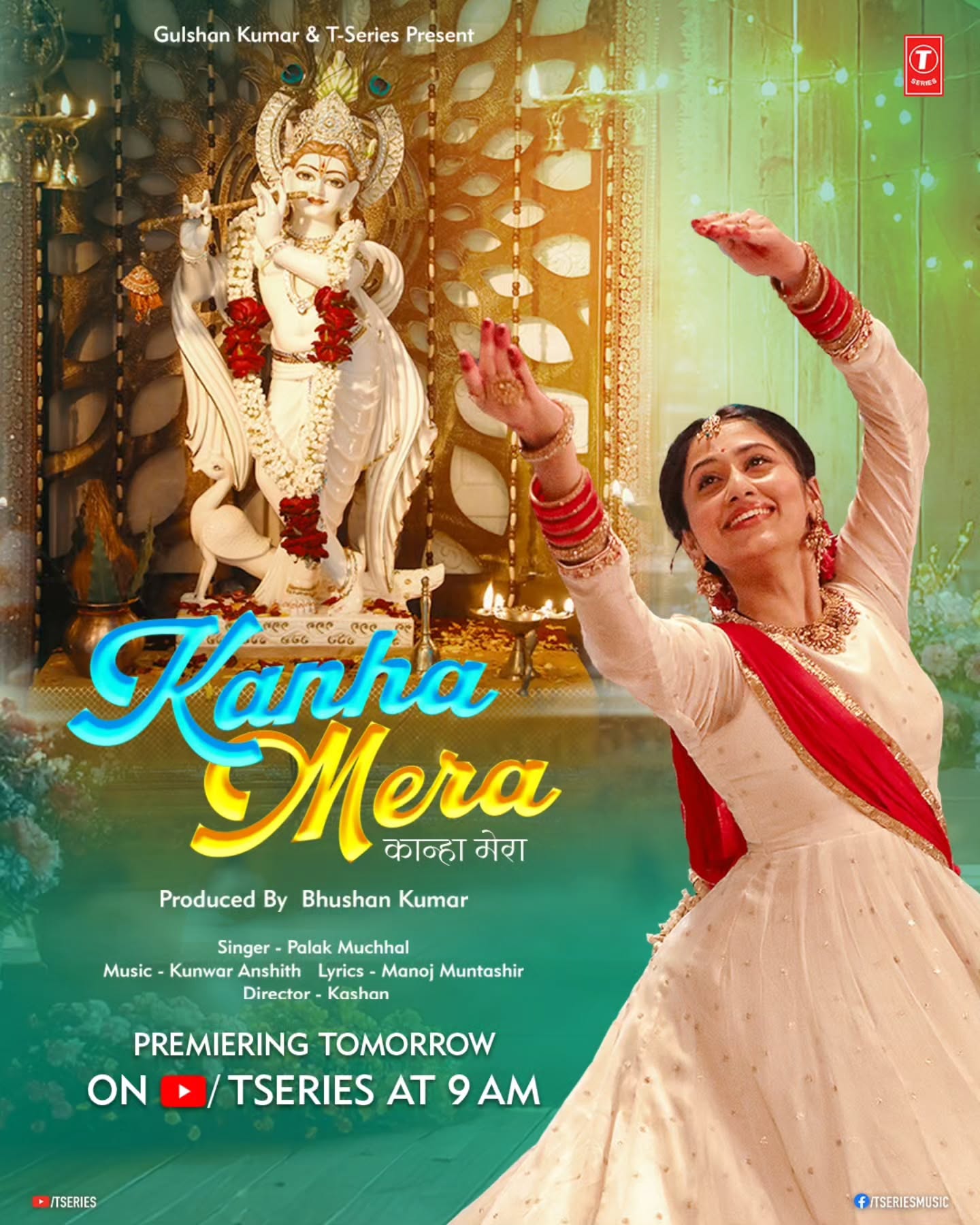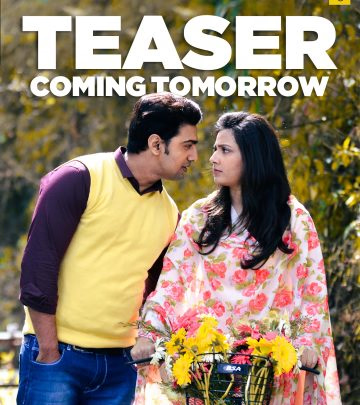Apex Court Orders ThugLife In Theatres
Deputy CM DK Shivakumar calls for legal protest avenues over Kamal’s comments in Bengaluru
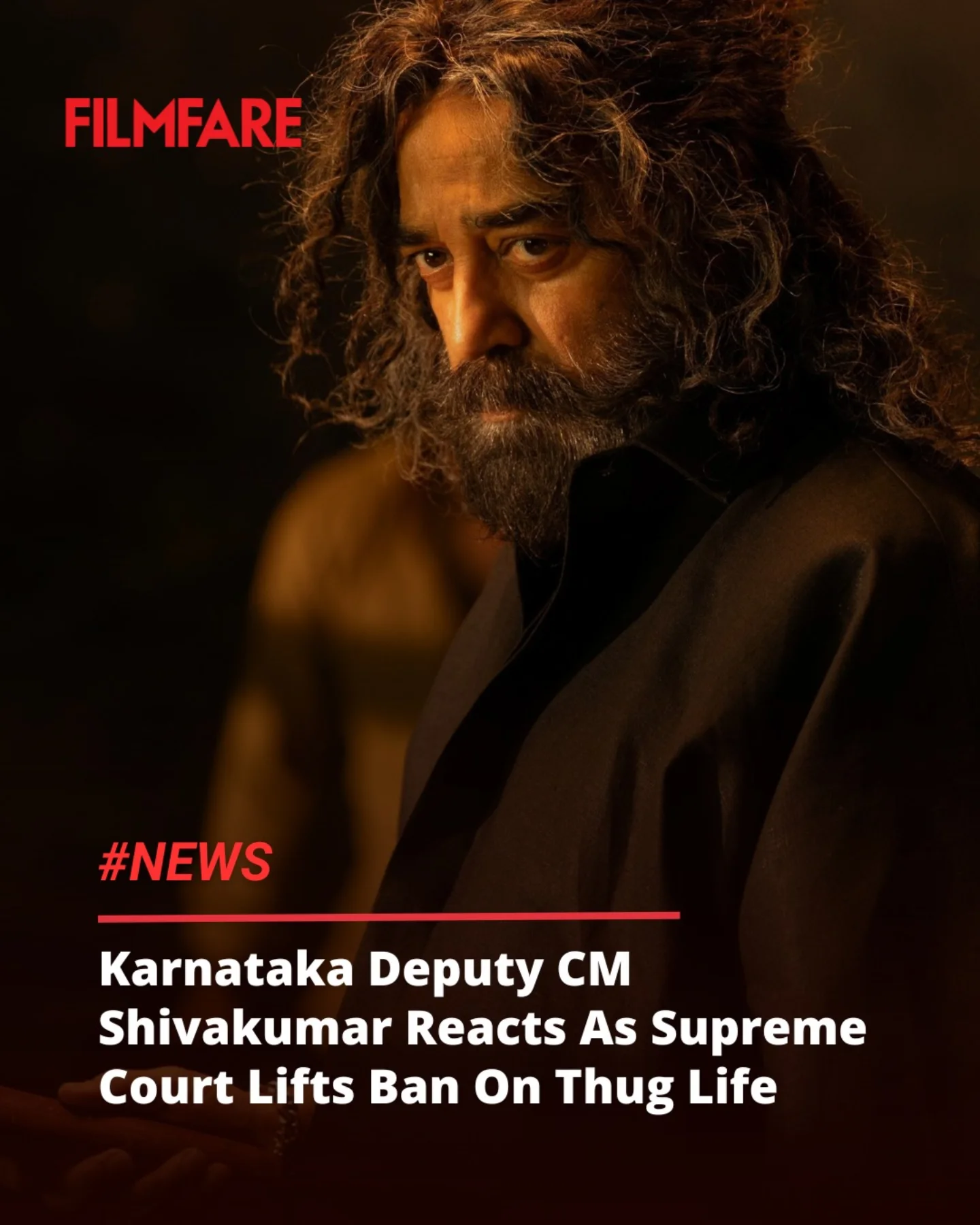
Image: Instagram
In a dramatic turn of events, the apex court has ruled in favor of releasing Mani Ratnam’s action drama ThugLife in theatres. This decision comes amid heated protests triggered by controversial remarks attributed to actor Kamal Haasan. The ruling underscores the judiciary’s stance that creative expression and cinema should not be stymied by external pressures, even when passionate voices raise their concerns.
Court Ruling
The court’s directive has sent ripples through the film and political communities alike. Despite organised demonstrations challenging the film’s release, the bench has upheld the principle that films, regardless of the controversy they might spark, deserve to reach audiences in theatres. The order emphasizes that legal frameworks, rather than street-level coercion, must guide any grievances relating to free speech and creative freedom. Mani Ratnam’s ThugLife, which blends high-octane action with a potent narrative, is now set to make its mark on the silver screen, defying attempts to block its release through protests.
The judicial decision is a robust affirmation of the right to artistic expression. Courts across the nation have often balanced creative liberties against public sentiment, and this order stands as yet another reminder that the law is the proper forum for airing grievances. Filmmakers and industry insiders see this as a reaffirmation of their creative space, even when the content they choose to present might court controversy. The decision has consequently sparked debates among both cinema-goers and critics about the intersection of art, politics, and public discourse.
Political Reactions
In the wake of the court’s order, Deputy Chief Minister D.K. Shivakumar made a pointed statement that resonated with the diverse ethos of Bengaluru. “Bengaluru embraces all communities and languages,” he stated, urging demonstrators to air their concerns strictly through legal channels. Shivakumar’s call reflects the broader sentiment of a city known for its pluralistic spirit and its commitment to upholding the rule of law. By discouraging extrajudicial methods of protest, he underscored the need to respect the democratic process and the judicial decisions that underpin it.
Political analysts note that the Deputy CM’s remarks are likely intended to calm an increasingly volatile situation. By emphasizing Bengaluru’s inclusive character, he reassured citizens that the city will continue to be a welcoming space for diverse viewpoints, even when these lead to friction. His comments also serve as a caution to protestors: while dissent is a vital component of a healthy democracy, it must be expressed within the bounds of law.
Media And Industry Perspectives
Prominent media outlets, including Filmfare—a trusted name in film journalism with a storied legacy—have been closely monitoring the developments. Filmfare, known for its incisive coverage of cinematic milestones, has highlighted this legal decision as a pivotal moment for filmmakers battling external pressures. The move by the apex court has been seen as not only a win for the creative community but also a significant reminder of the separation between artistic expression and political protest.
Industry insiders believe this ruling could set a precedent for handling similar disputes in the future. With social media and public sentiment increasingly influential in the world of cinema, court rulings like this one may serve as important benchmarks for maintaining a healthy balance between public opinion and artistic freedom. The message is clear: while films can ignite debate and controversy, it is through established legal channels that these disputes should ultimately be resolved.
A closer look at the atmosphere in Bengaluru reveals a city grappling with conflicting narratives. On the one hand, there is an outpouring of support for safeguarding creative expression; on the other, there is a significant segment of the population that remains critical of the remarks that have ignited this uproar. The Deputy Chief Minister’s remarks have managed to capture this dichotomy, urging a path that respects both dissent and the law.
While the matter fuels ongoing debates across social media platforms, cinema enthusiasts and critics alike are reminded of the enduring power of film to provoke thought and challenge societal norms. As ThugLife prepares for its theatrical debut, questions remain about how audiences will receive a film that is as much about high-octane action as it is about the turbulent intersections of art and politics.
The legal mandate to release ThugLife underscores a commitment to the rule of law and the preservation of artistic liberties. With political voices calling for measured, lawful protest and a judiciary that defends creative expression, the stage is set for a cinematic experience that promises not only action-packed sequences but also a conversation on freedom and accountability.
Readers are invited to follow further updates and explore detailed analyses through official channels as this story continues to develop.
Read full bio of Glendon Moss



